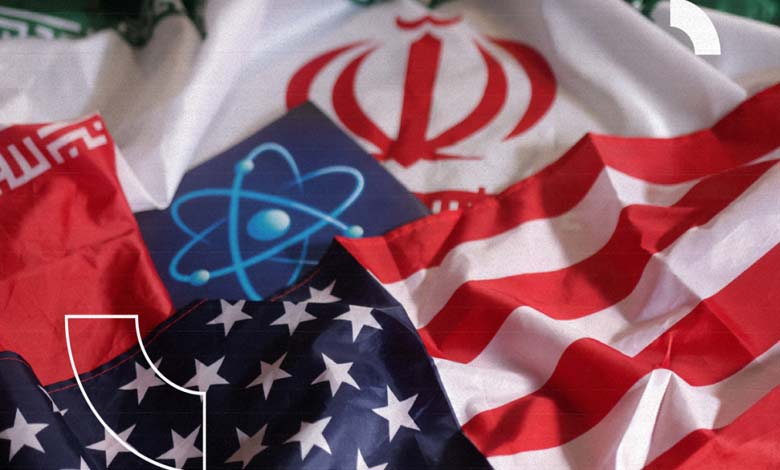Washington Secretly Warns Tehran of Suspicious Nuclear Activities

The warnings come amid unprecedented tension between Tehran and Washington over various issues, including nuclear activities and the conflict over the war in Gaza and the escalation on the Lebanese border.
Last month, Washington sent a secret warning to Iran expressing concerns about Iranian research and development activities that could be used to produce a nuclear weapon, according to the Axios website, citing three unnamed American and Israeli officials on Wednesday.
Iranian authorities remain obstinate in refusing to comply with nuclear commitments amid fears of producing a nuclear bomb, with uranium enrichment levels reaching dangerous thresholds, despite calls from Western powers to increase pressure and sanctions.
The warnings come amid unprecedented tension between Tehran and Washington over various issues, including the nuclear file, pressures from the International Atomic Energy Agency (IAEA), the conflict due to the war in Gaza, tension on the Lebanese border, and support for militias.
This month, Ali Bagheri Kani, Iran’s acting foreign minister, revealed ongoing secret and indirect talks with the United States through the Sultanate of Oman, without detailing their content.
Iranian President Massoud Bezkian, who takes a relatively moderate approach, pledged to pursue a pragmatic foreign policy and ease tensions with the six major powers involved in now-suspended nuclear talks to revive the 2015 nuclear deal.
In June, the U.S. State Department said Washington and its allies were ready to increase pressure on Iran and take strong measures if Tehran did not cooperate with the UN’s
International Atomic Energy Agency, following an Iranian move to increase uranium enrichment.
-
Washington strengthens its security and military cooperation with Baghdad to curb Tehran’s influence
An IAEA report from the same month stated that Iran had rapidly installed additional centrifuges to enrich uranium at the Fordow site and had begun installing others.
The proposal to double the pressure on Iran, presented by Britain, France, and Germany last month, was opposed by China and Russia at a meeting of the agency’s 35-country board. In response, Iran increased uranium enrichment, a move understood to challenge Western powers.
Similar decisions in the past have prompted Tehran to dismantle surveillance cameras and other equipment from its nuclear facilities and intensify its uranium enrichment activities.
According to the IAEA, Iran is the only country without a nuclear weapon enriching uranium to a high level of 60%—a level close to that used for weapons—while continuing to stockpile large amounts. The agency stated that Tehran had significantly accelerated its nuclear program and now had enough material to make several atomic bombs.
The Islamic Republic has gradually retreated from its commitments under the 2015 nuclear deal with global powers.
The historic agreement allowed Iran to avoid Western sanctions in exchange for restrictions on its nuclear program, but it collapsed after the United States unilaterally withdrew under former President Donald Trump in 2018.
Kamal Kharazi, an advisor to Iranian Supreme Leader Ali Khamenei, said Tehran would have to change its nuclear doctrine if Israel threatened its existence, raising concerns about an Iranian nuclear weapon.
Conversely, the Foreign Ministry asserts that Tehran remains committed to not possessing a nuclear weapon and to cooperating with the IAEA.











